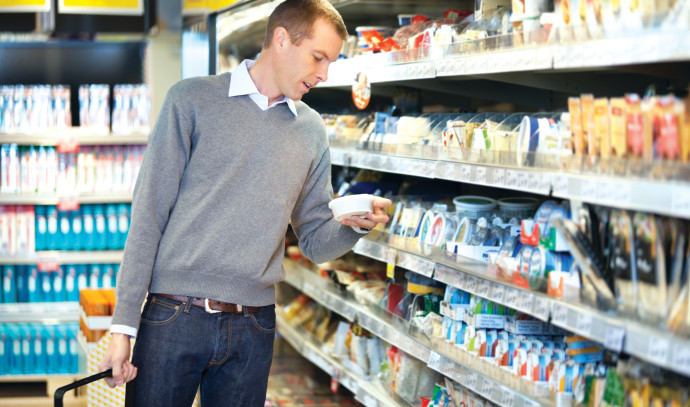The Supreme Court, composed of three judges, today (Tuesday) received a petition requesting an amendment to regulations to prevent vital stores, which may operate on closing days, from selling non-essential products. The judges gave a period of one week to amend the regulations, in a way that would reduce, as far as possible, the ability of businesses operating in vital activity, to sell non-essential products, on days of restriction or closure.
Demonstration of business owners in Tel Aviv (Photo: Avshalom Shashoni)
In the days of the second closure, the petition was filed by companies that operate through franchisees businesses around the country to sell toys and similar products, who accepted that the regulations violate equality, without justification, and without a proper purpose being served as a result. According to the ruling, “at the time, the test that determined whether a store was essential was the ‘main occupation’ test: whether or not it was primarily concerned with the supply of essential products and services.”
Under these regulations, a store that demonstrated compliance with this test could simultaneously sell additional products, even if they were not essential. At the time of the investigation of the petition, this option was reduced to stores selling food products, hygiene, optics and pharma. The other essential stores, were required to sell only essential products, from a sample list set forth in the regulations.
According to the ruling, the Minister of Health positively considered making changes to the wording of the regulations, but in light of the legal difficulties presented to him, he decided not to change the existing course of action. The court announced today that it “may act as it was indeed easy to do,” and that “there is no justification for continuing to harm the petitioners, and there is no impediment to changing the existing outline, as the Minister of Health has positively considered doing.” It was also noted in the discussion, but it is also accompanied by a duty to reduce the economic damage to the minimum possible.
- 2021 Elections: All the polls, articles and interpretations of leading reporters on the Maariv website
Advocate Roi Cohen, president of Lahav and a candidate for the Knesset on behalf of the Tnufa party, responded to the Supreme Court’s decision: The court accepted the petition filed so that all-in-one centers could sell only essential products and not non-essential products. “
